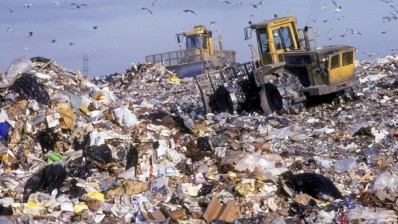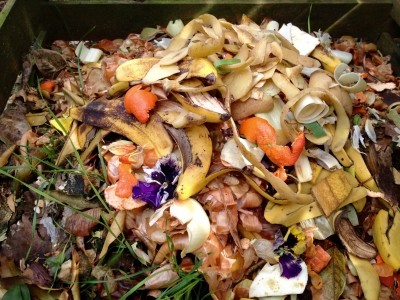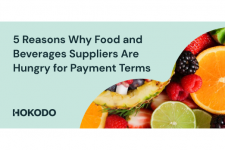Manufacturers significantly reduced food waste

FDF members reported a 46% reduction in carbon dioxide emissions in the organisation’s Environmental Ambition Progress Report for 2016, compared with a 1990 base-line.
The report highlighted the progress made under the Five-fold Environmental Ambition (FEA) initiative and actions taken toward the FDF’s Ambition 2025 sustainability commitments.
Zero food and packaging waste
Manufacturers had also sent zero food and packaging waste to landfills in 2015. This contributed a 3% decrease in supply chain waste across the grocery sector, meeting the targets set by waste charity WRAP’s Courtauld Commitment in 2012.
The report also revealed food and drink firms had reduced the amount of water they had used in production by 30.1% since 1990 – the equivalent of 2,400 Olympic-sized swimming pools.
The organisation’s members that had signed up to the Logistics Carbon Reduction Scheme contributed to a 6.8% reduction in transport emissions compared with 2010.
FDF director of food safety, science and sustainability Helen Munday said: “The results published today [February 8] show that our industry has delivered significantly improved environmental performance.
‘Roadmap for food and drink’
“The FEA has been an industry-leading ambition and has served as a collective roadmap for food and drink manufacturers. Looking forward, we feel the new commitments under Ambition 2025 cover important areas in which we can make a positive impact as a sector.”
The full findings of the FDF members’ waste survey will be published during spring this year.
Meanwhile, the UK could save £3.7bn by using food waste sent to landfill for renewable biofertiliser, claimed a food waste expert, after figures last month confirmed domestic food waste alone topped 7.3Mt.
FDF’s Environmental Ambition Progress Report for 2016 – at a glance
Carbon dioxide emissions:
FDF members have achieved an absolute reduction of 46% in carbon dioxide emissions from their use of energy in manufacturing operations in 2015 compared to the 1990 baseline.
Food Waste:
Results from the latest survey of members’ waste arisings show that FDF members sent zero food and packaging waste to landfill in 2015.
The final year results of the Courtauld 3 Commitment show that manufacturers contributed to a 3% reduction in supply chain waste across the grocery sector by 2015, meeting the overall 3% target for the agreement.
Packaging:
The final year results of the Courtauld 3 Commitment show that manufacturers contributed to a 7% reduction in the carbon impact of packaging by 2015, thereby exceeding the target of a zero increase.
Water:
Between 2007 and 2015, FDF members submitting data reported they had reduced their absolute water consumption in 2015 by 30.1% compared with the 2007 baseline. In addition, the amount of water consumed per tonne of product had reduced by 33.7% over the same period.
Transport:
Results for the fifth year of the Logistics Carbon Reduction Scheme showed that manufacturers contributed to a 6.8% reduction in average kilogram carbon dioxide equivalent emissions per-vehicle-km in 2014 compared with 2010, meaning the scheme is on track to meet the 2015 target.




















